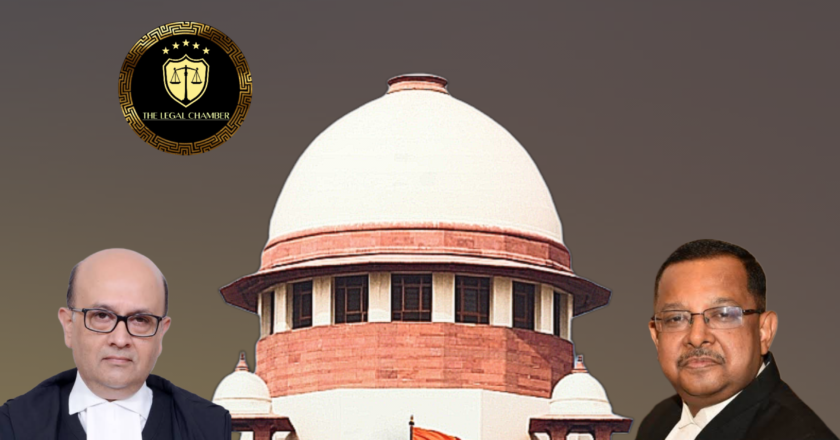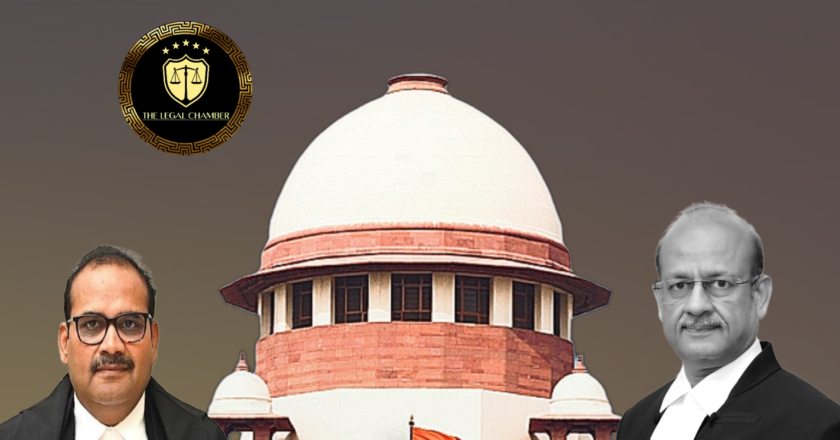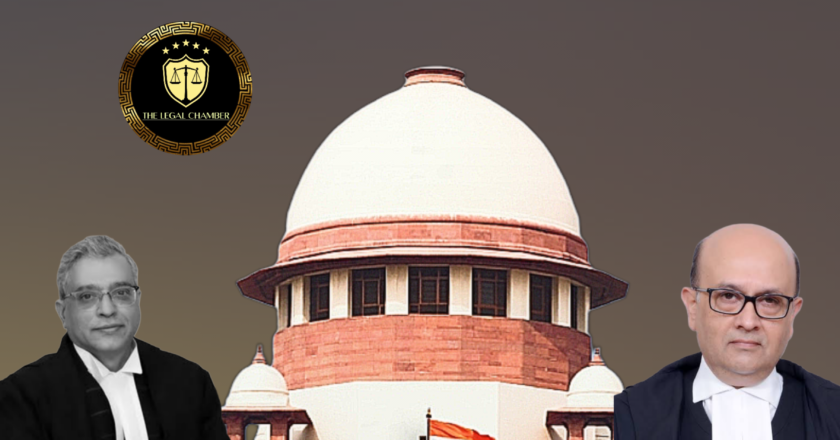Supreme Court Relief for Companies: Tax Exemption for Vehicles Confined to Plant Premises
The Supreme Court ruled that motor vehicle tax under the Andhra Pradesh Act is leviable only if a vehicle is used or kept for use in a "public place." It held that restricted industrial premises, inaccessible to the public, do not constitute a public place. Consequently, vehicles operating exclusively within such enclosed areas are not liable for the tax, and a rule creating a presumption of 'use' must be read in harmony with this charging section.
Facts Of The Case:
The appellant, M/s Tarachand Logistic Solutions Limited, was awarded a contract to operate within the enclosed central dispatch yard of the Visakhapatnam Steel Plant (RINL). Pursuant to this, it deployed 36 registered motor vehicles which, from April 1, 2021, were confined solely to operating inside this restricted premises,...


